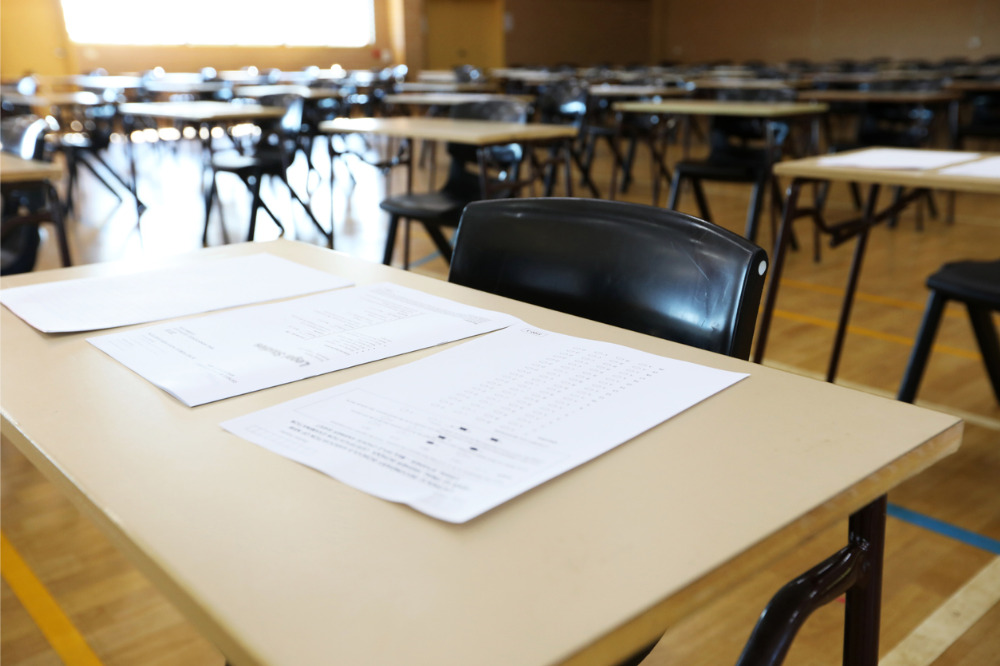
In March, the NSW Education Standards Authority (NESA) confirmed that the Higher School Certificate (HSC) would go ahead in 2020, despite many students staying at home due to the COVID-19 outbreak.
The decision was made amid concerns that many students would be impacted by the social distancing measures put in place a result of the virus.
With limited face-to-face teaching time, changed assessments formats, assessment weightings and a lack of access to classroom resources for Major Works, many educators and student expect this year's HSC cohort to be the most disadvantaged.
This week, a new report added credence to those concerns, revealing that four in five students feel disadvantaged for their HSC under COVID-19 restrictions.
The HSC COVID-19 Impact Report by Art of Smart Education analysed the effect of the COVID-19 restrictions upon HSC students across public and selective, private and independent, and Catholic school sectors, as well as the effectiveness of schools’ transition to online learning.
The report revealed that three times as many public school students compared to private school students, believe their school does not have the resources for effective online learning.
A staggering 83% of public and selective school students said they felt disadvantaged compared to 74% of private and independent school students.
However, Chair of the NESA Board Professor Peter Shergold has reassured students that they will be able to complete their studies despite the disruption.
“We want to assure you that you will be able to get a HSC certificate this year, and that the certificate will facilitate access to university, further education and employment, as it has for students over the past 50 years,” Professor Shergold said.
“Keep learning, do your assessments as advised by your school, make progress on your major projects where you can and, most importantly, look after yourself, whether you are at school or at home. Reach out to family, friends and your teachers if you need to”.
In the classroom, the human element matters
Kunz identified the challenges for effective online teaching methods, “teachers see less body language, which can be a critical factor to identifying if a student has understood something or is confused”.
“As content is delivered online with lower face-to-face instruction, there is a greater onus for students to have to independently learn this content,” Art of Smart Education CEO and HSC study skills expert, Rowan Kunz, said.
Some students also reported feeling less comfortable asking questions in online environments, disrupting the feedback loop between teachers and students.
As the HSC will be a written exam, Kunz raised concerns about “the extent to which online teaching and learning is actually equipping students for the paper and pen exam that they will sit.”
The report further found that one in two students did not agree that their school had made an effective transition to online learning.
Almost four times as many public school students, compared to private school students, believed their school had not made an effective transition to online learning,
Two in five HSC students do not learn effectively at home via online learning. Comparatively, 85% of students agreed that face-to-face teaching was effective while 24% found online teaching to be effective.
Furthermore, three in five students said their mental health had been impacted by COVID-19 restrictions with almost nine in ten students feeling distracted while studying at home.
Twice as many public school students were worried about family financial concerns compared to students in private and independent schools and Catholic schools, and a further three in four students agreed that their motivation levels had dropped significantly with over half exercising less.
“We’re seeing lower levels of exercise, increased social isolation and changes in routine which is a recipe for increased mental health concerns for students,” Kunz said.


